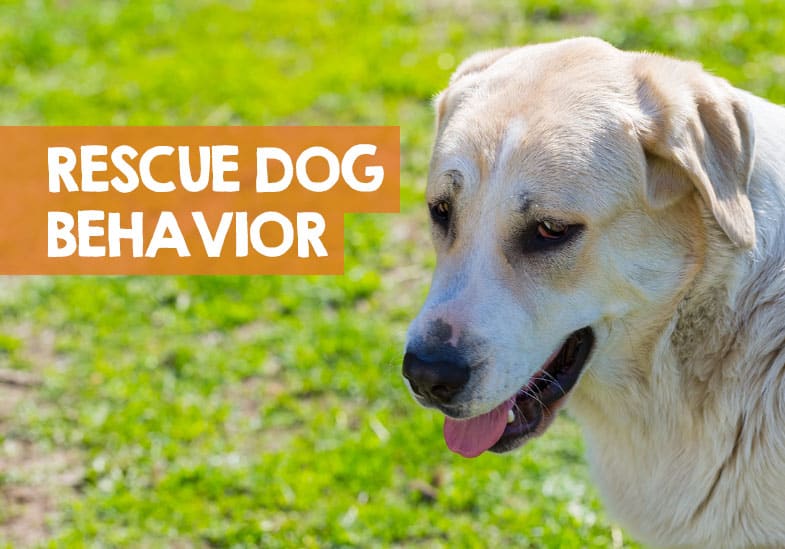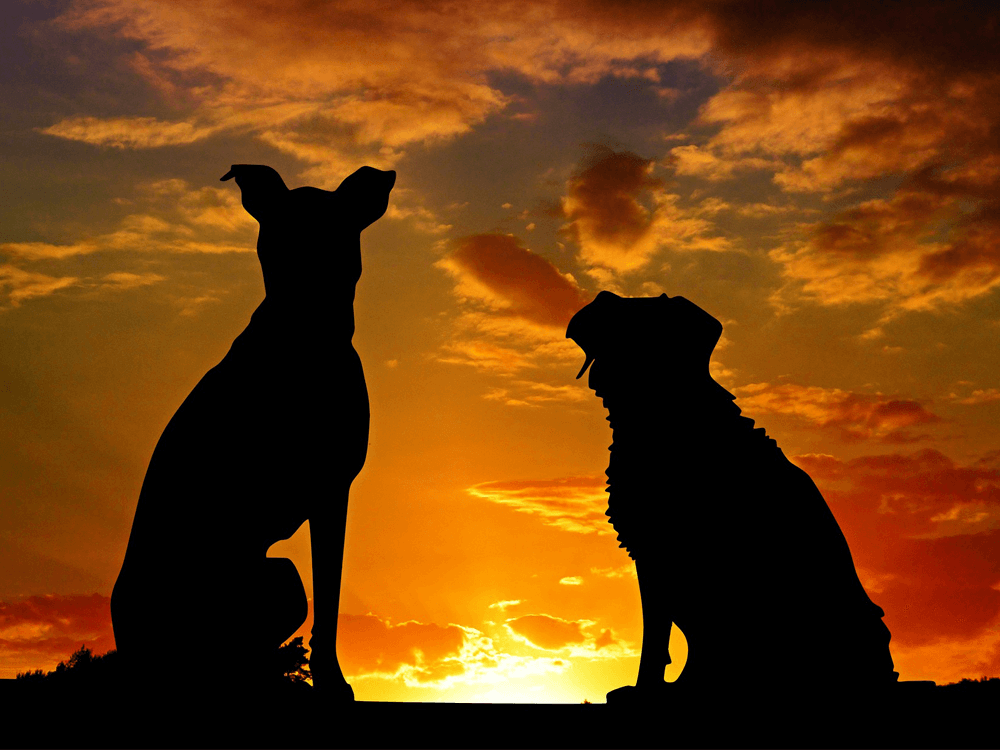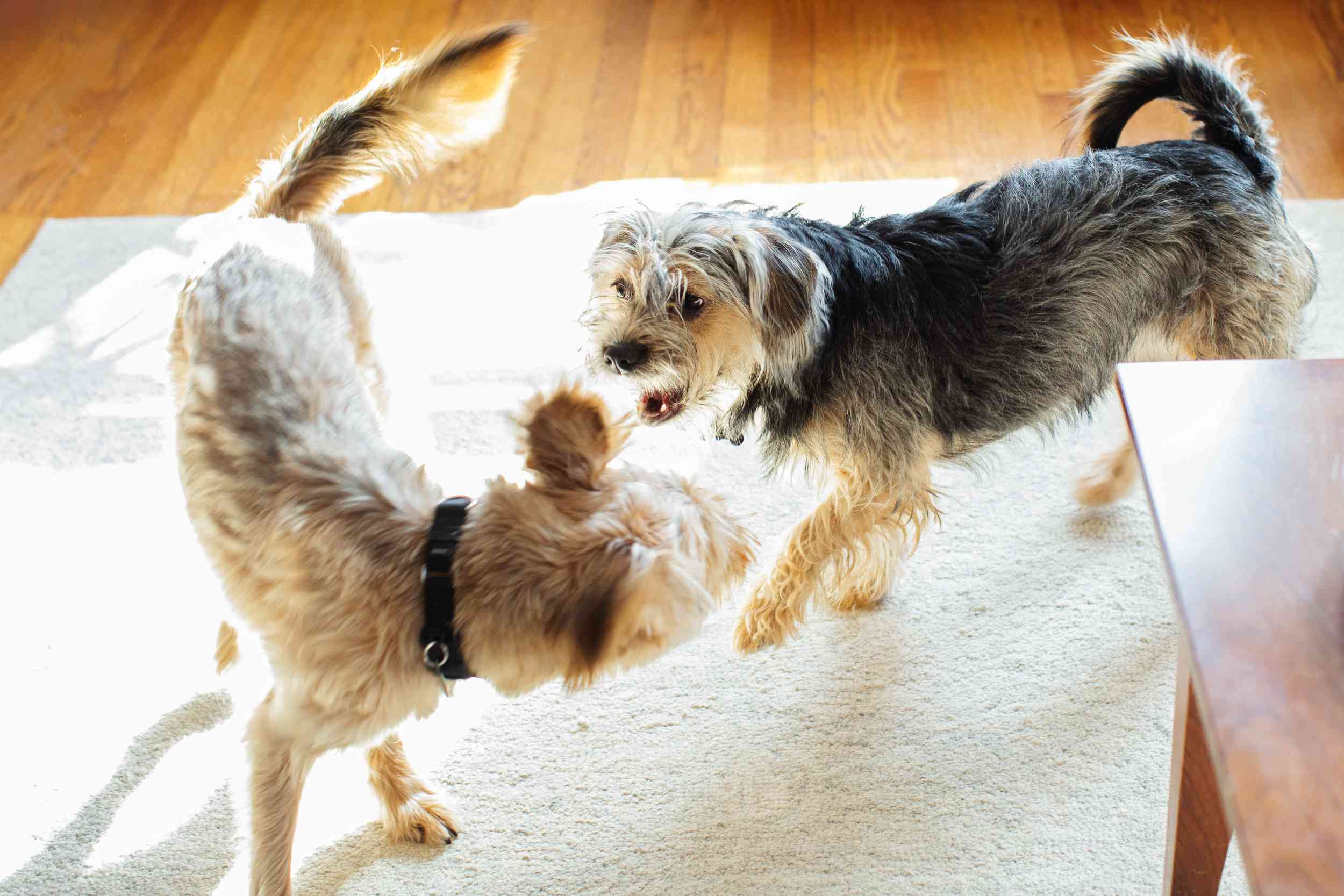
You can have your dog sleepy at night because of many factors. Allergies, Prednisone as well canine cognitive dysfunction, allergies and prednisone can all play a role in your dog's restlessness at night. Read on to discover what may be causing your dog's restlessness at night and how to help him sleep through the night. We'll talk about the possible causes and potential treatments for your dog’s restlessness. Discover why your dog feels restless if it has a specific medical condition.
Canine cognitive dysfunction causes restlessness in dogs
Restless, wandering at night in a dog is an obvious sign of canine cognitive dysfunction. The severity of the condition will depend on how well the dog is able to think. Dogs with cognitive dysfunction might not greet their owners on cue, or be strangely behaved when being petted. Dogs with cognitive dysfunction may be disinterested or irritable around their owners, and may have irregular sleep-wake cycles. In some cases, dogs with cognitive dysfunction may also exhibit house soiling. This is usually a symptom of the brain degeneration process.
The best treatment can help improve your dog’s quality of life. Your dog's behavior can be controlled with medications and behavior modification. Your veterinarian could prescribe medication or suggest behavioral modification to improve your dog's quality of life. Medications, such as melatonin or recombinase, can help ease your dog's anxiety and reestablish a normal sleep cycle. Urination in the house is another common symptom of canine cognitive dysfunction. Even if your dog was previously house-trained, it can be indicative of cognitive dysfunction.
Selegiline is an agonist for monoamine and oxidase. It is also an inhibitor of monoamine. This medication can help dogs with this disorder sleep better and is approved by the FDA. Other medications, like vitamin E or melatonin could also be helpful in reducing restlessness. For dogs with cognitive dysfunction, dietary supplements may be beneficial. Homeopathic treatments such as Neutricks are another effective option. A traditional Chinese vet might prescribe herbal supplements and/or acupuncture.
Dogs who are prescribed Prednisone could experience restlessness.
Despite widespread use, side effects may occur in dogs when the drug is taken for long periods of time. These include gastrointestinal upset and diarrhea, as well as liver and joint problems. Your dog could also become irritable and have a bad hairstyle. A high dose of prednisone may cause liver enzymes to increase in your dog, which can lead to serious side effects. Prednisone can cause side effects that are not pleasant for your dog. You should slowly wean your dog from it.
Prednisone is not only known to cause restless nights for dogs but can also cause unwanted side effects such excess panting, thirst, and increased appetite. Your veterinarian should be consulted if your dog exhibits unusual behaviors. If you suspect that your dog is suffering from a side effect of Prednisone, it is crucial to take your dog to a vet immediately for a thorough examination.

Prednisone comes as a dose range, as with all medication. Your veterinarian will review your dog's unique circumstances and determine the right dose. Most veterinarians will recommend prednisone doses that are moderately to high for a brief period and gradually decrease the dosage. It is essential that you and your veterinarian fully understand the treatment plan.
Dogs suffering from allergies can suffer restless nights.
There are many allergies that could cause insomnia in dogs. It is important that you know that allergies most commonly start in dogs between six months to three years old. Allergies can develop at any time and may be more severe if they are not treated promptly. There are many ways to tell if your dog has allergies. Once you have diagnosed your dog with an allergy, it is time to determine how to treat him.
Environment, food and airborne particles can all trigger allergic reactions. It is important to take your dog to the veterinarian if they are experiencing any of these symptoms. The vet can help identify the allergen and prescribe medications to alleviate the symptoms. You should consult a vet if your dog has been experiencing sleepless nights or other symptoms that could be caused by allergies. Allergies are often painful and can prevent your dog getting enough sleep.
Your dog may have restless nights due to certain medications. Restless nights can be caused by Prednisone. A dog might also experience excessive thirst and panting. It is worth taking your dog to the veterinarian if your dog has a fever. The vet can diagnose if your dog's symptoms are due to allergies. No matter what the reason may be, your dog should see the veterinarian if he continues to have restless nights.
Dogs can become restless from pain
There are many reasons why your dog may be restless at night. Restlessness at nights can be due to arthritis, gastrointestinal problems, skin disease or other issues. Young dogs could also suffer from sleeplessness as a result of the same conditions. In any case, it is important to consult your vet to determine the root cause of your dog's restlessness. Listed below are some possible treatments for your dog's pain.
It is necessary to perform physical exams and other tests in order to diagnose pain in your dogs. Blood tests, urinalysis, and bone scans can all be done at the vet to rule out other causes of restlessness in dogs. The treatment you choose will depend upon the cause of your dog’s restlessness. The cost of some forms of therapy for canine Alzheimer's can run up to $350. It is important that you consult your veterinarian right away if your dog becomes restless at night.
Stress is another factor that can cause restlessness. Dogs can experience excessive panting and restlessness. You may notice increased trembling and drooling as signs of anxiety or stress. There are many factors that can cause restlessness in dogs. However, anxiety can be the main cause. Dogs can become restless if they don't exercise enough. This makes it harder to sleep at nights.
Dogs can feel restless if they are anxious
You may notice unusual behavior in your dog, such as drooling or unusual behaviours. Your vet will be able to diagnose the problem and recommend the appropriate treatment. If you notice your dog is overly anxious, it's important to get it checked out by a vet. Dogs shouldn't be given over-the-counter anxiety medication. Some can even cause stomach problems. Self-diagnosis for anxiety in dogs can cause more problems. An experienced vet can diagnose anxiety in dogs and help to develop a treatment plan.

Fear of separation is a common cause for dogs to be restless. Dogs are pack animals so they can feel isolated and even destructive. Separation anxiety can lead dogs to bark and cause house-soiling. Within minutes of separation, symptoms of separation anxiety may appear. It's important to remember that dogs develop over-attachment bonds with their owners. You may notice restlessness in your dog, and signs such as excessive barking or house-soiling.
Dogs suffering from separation anxiety will often follow their owners around their house and show excessive enthusiasm when you leave. However, they may not exhibit any destructive behavior when they see you, and they may even show no signs of fear in front of you. Unsane elimination behavior is common in males. Extreme excitement during periods of separation can indicate physical ailments. Regardless of the causes, treating the underlying anxiety is crucial for the well-being of your dog.
Dogs can feel restless as they age
Age can cause changes in your dog's behavior, such as restlessness at night. Aging pets may experience increased anxiety and separation anxiety, as they lose their sense of smell, hearing, and sight. Physical and psychological problems can also contribute to nighttime anxiety in dogs. Physical changes can include joint pains, arthritis, or other health issues that affect mobility. You should consult a veterinarian if your dog experiences increased restlessness at night.
Restless dogs may experience symptoms throughout the day. If they are not feeling well, you can take them outside for a quick bathroom break at night. Older dogs could have diminished bladder function, which may make them sleepy at night. If your dog is acting restless at night, you should take them to the bathroom. If you are still not seeing improvement after a few more days, consult your veterinarian. Your veterinarian can diagnose the problem and prescribe medication that will ease your symptoms.
Age and changes in the environment are two of the most common causes for restless sleep in dogs. Restless sleeping can also occur due to excess energy and environmental changes. If your dog is experiencing restlessness that lasts more than a week you should consult a veterinarian. However, if it doesn't go away, the problem may be more serious. In such cases, you may need to consult a veterinarian. If these methods have not worked, you will soon see improvement.
FAQ
How often should I brush my dog?
Grooming your pet dog is very important. Grooming your dog helps to maintain his coat, and it keeps him clean.
Brushing your dog twice a week is a must. After each meal, you should brush your dog.
Brushing your dog’s fur will get rid dirt and hair. Brushing his teeth will help him look healthier.
Also, make sure to clean his ears.
What's the best pet?
The best pet is the pet you love. There is no single right answer. Every person has his own opinion about which pet is the best.
Some people believe that cats are better than dogs. Others believe dogs are more loyal, loving, and affectionate. Others still believe that birds are the best choice for a pet.
No matter which type of pet you decide on, you have to choose what type of personality you want.
If you are outgoing and friendly, a dog may be right for you. A cat might be the best option for you if your personality is reserved and shy.
Consider the size of your house or apartment. If you have a small apartment, you will need a smaller pet. A large house will require more space.
Don't forget to give your pet lots of love and attention. They must be fed often. They should be taken out for walks. They need to be brushed, and cleaned.
These are the things that will help you choose the right pet for you.
What kind of food should I feed my dog?
Your dog should be fed a balanced diet.
Some foods that are high in protein include chicken, beef, fish, eggs, and dairy products.
Other foods that contain high amounts of carbohydrates include fruits, vegetables and bread as well as pasta, rice and potatoes.
Lean meats, poultry and fish are all low in fat, as well as nuts, seeds, whole grains and whole grains.
Before giving your dog any new foods, consult your veterinarian.
Statistics
- It is estimated that the average cost per year of owning a cat or dog is about $1,000. (sspca.org)
- * Monthly costs are for a 1-year-old female mixed-breed dog and a male domestic shorthair cat less than a year old, respectively, in excellent health residing in Texas, with a $500 annual deductible, $5,000 annual benefit limit, and 90% reimbursement rate. (usnews.com)
- In fact, according to ASPCA, first-year expenses can sum up to nearly $2,000. (petplay.com)
- Here's a sobering reality: when you add up vaccinations, health exams, heartworm medications, litter, collars and leashes, food, and grooming, you can expect a bill of at least $1,000 a year, according to SSPCA. (bustle.com)
- Pet insurance helps pay for your pet's medical care, with many policies covering up to 90 percent of your vet bills. (money.com)
External Links
How To
The best way to tell a dog where it is appropriate to go to urinate.
Teaching your pet to use the bathroom correctly is crucial. It's crucial that you know how to train your pet to go outside. Here are some tips that will help you teach your dog the correct way to go to the bathroom.
-
Training should be started early. You don't want any injuries during playtime. Start training today!
-
Use food rewards. If you reward your pet after every successful trip, it will bring you better luck.
-
Keep treats away from the area where your pooch pees. This could cause him to associate the smell of urine with his favorite treat.
-
Before letting your dog go, make sure that there aren't any other animals around. Dogs that see other dogs relieve themselves might think this is normal.
-
Be patient. Sometimes it might take your puppy longer to understand things than an adult.
-
Before you allow your dog to use the bathroom, be sure she has a good sniff of everything. It will make her learn quicker if she has the opportunity to smell the toilet before entering the bathroom.
-
Do not allow your dog to go near the bathroom while you take care of business. This could cause confusion.
-
When you finish, wipe down the seat and the floor around the toilet. These areas will act as a reminder of what to do later.
-
Any messes must be cleaned up immediately. Clean up after your dog has an accident. The dog might attempt to vomit again if it isn't cleaned up quickly.